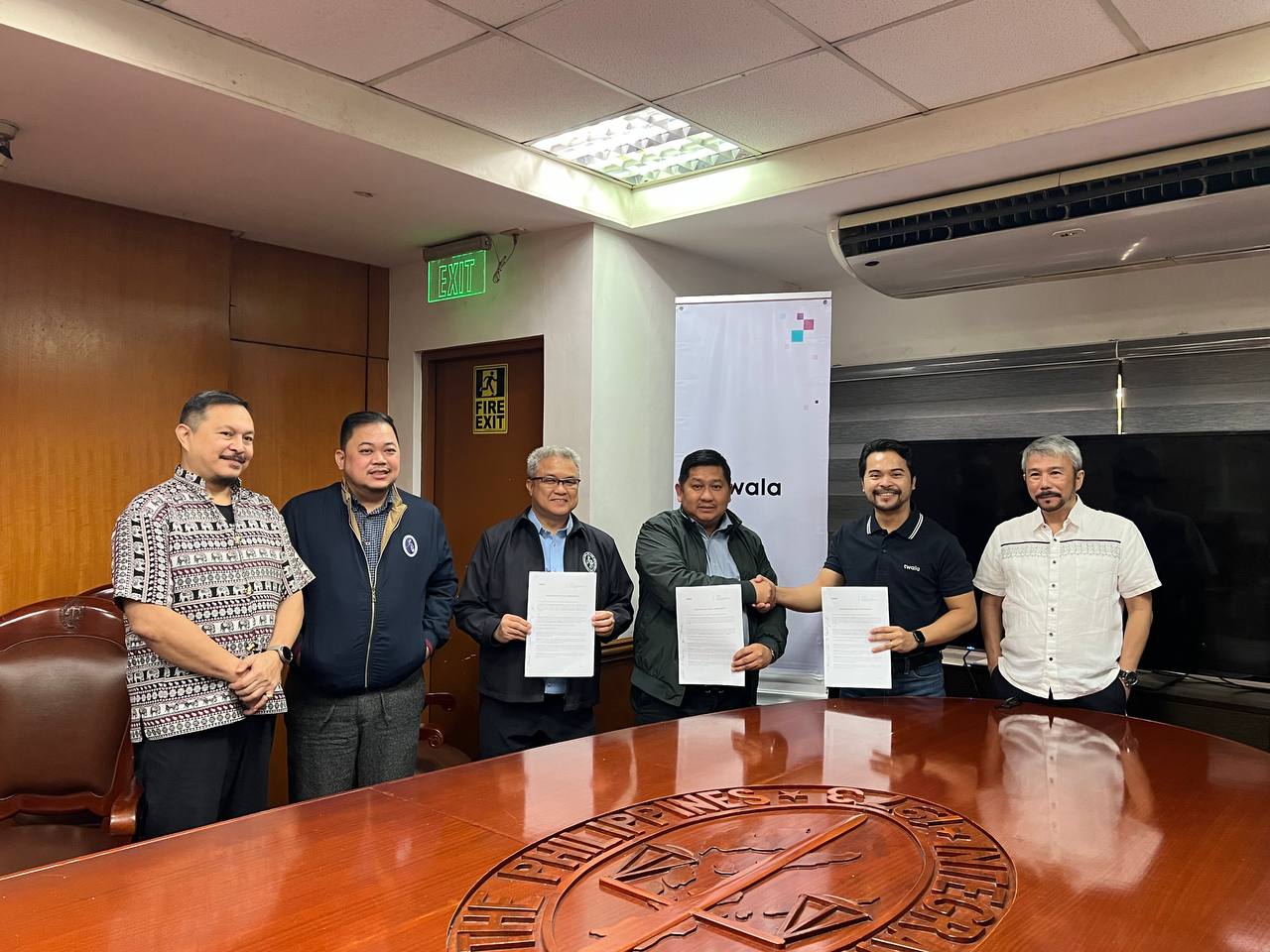In a recent decision, the Supreme Court of the Philippines (SC) ruled that lawyers cannot be held liable for the misuse of their notarial seals and credentials unless there is clear proof that they knowingly allowed it. The case stemmed from the Malampaya Fund scandal, where documents were allegedly forged using the notarial seals and signatures of Attys. Delfin Agcaoili, Jr., Editha P. Talaboc, and Mark S. Oliveros. [Read here]
While the Integrated Bar of the Philippines (IBP) initially found the respondents guilty of violating notarial rules, the SC overturned the ruling, citing the lack of concrete evidence. The Court recognized the growing risk of identity theft and forgery in notarial practice, highlighting how easily third parties can create fake seals and stamps.
The Office of the Ombudsman accused the respondents of allowing others to misuse their notarial registers and seals in exchange for money. However, the SC found several irregularities in the documents, including missing notarial commission serial numbers, office addresses, and Professional Tax Receipt (PTR) details—signs of possible forgery.
The SC concluded that the lawyers were not negligent in safeguarding their notarial seals and could not be held liable without clear proof of consent or involvement. The ruling also acknowledged the real threat of notarial identity theft and called for stronger safeguards against fraudulent notarizations.
How Secure Electronic Notarization Can Prevent Similar Cases?
The Malampaya case demonstrates how traditional notarization is vulnerable to fraud, forgery, and identity theft. If secure electronic notarization (e-notarization) were implemented, it could significantly reduce such risks through:
- Digital Seals with Cryptographic Verification
- Secure E-notarization platforms use cryptographically protected digital seals, making them tamper-proof and nearly impossible to forge.
- Documents are embedded with unique hash values or cryptographic timestamps, allowing easy detection of tampering.
- Biometric and Multi-Factor Authentication (MFA)
- Secure E-notarization requires biometric verification (facial recognition, fingerprints) and MFA, ensuring only authorized notaries can affix their digital seals.
- Even if a fraudster accessed a lawyer’s credentials, they wouldn’t be able to bypass MFA security.
- Tamper-Proof Audit Trails
- Every e-notarized document generates an immutable audit trail with timestamps, verifying the notary’s identity and any modifications.
- This makes it easy to trace and authenticate the notarization, preventing fraudulent acts.
- Remote Video Recording
- Secure E-notarization platforms offer remote notarization with live video recording of the signing process.
- This video record serves as evidence of the notary's direct involvement, making it harder for fraudsters to falsify notarizations.
- Centralized Document Management
- E-notarized documents are stored in a secure, centralized platform with restricted access, preventing unauthorized tampering or duplication.
The SC’s ruling underscores the growing need for secured e-notarization in the Philippines. By implementing digital seals, biometric authentication, and immutable audit trails, secured e-notarization can:
- Protect lawyers from wrongful accusations of notarial misconduct.
- Deter fraudsters by making forgery significantly harder.
- Improve transparency and accountability in notarial practices.
As the country moves toward digital transformation, adopting secured e-notarization will be a critical step in preventing document fraud and safeguarding the integrity of legal processes. Experience the ease of online notarization. Sign up now for early access and get updates on the official release. Join today!
References:
SC: Lawyers Not Liable for Misuse of Notarial Seal Without Their Consent
https://sc.judiciary.gov.ph/sc-lawyers-not-liable-for-misuse-of-notarial-seal-without-their-consent/
A.C. No. 11889





.png)
